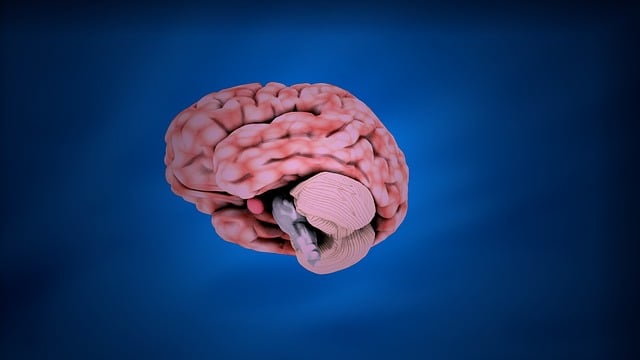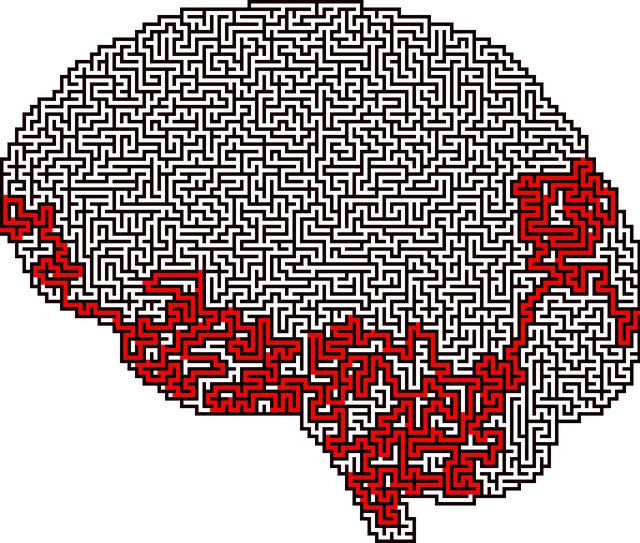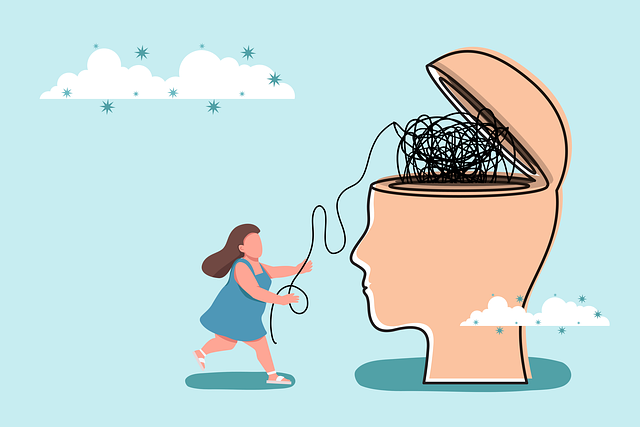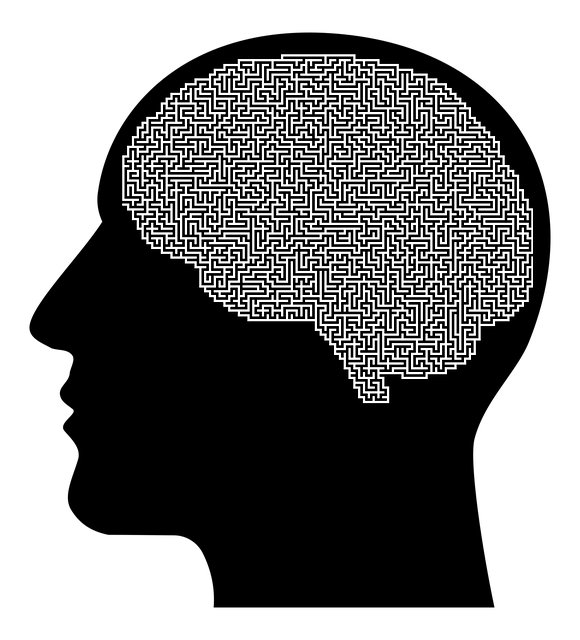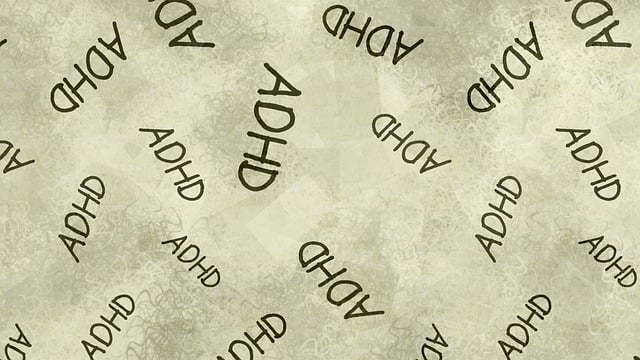In today's fast-paced world, mental health education is crucial in schools, where students face unique pressures from academics, social media, and peer dynamics. Exposure and Response Prevention (ERP) therapy is an evidence-based approach, backed by research, for treating anxiety disorders in both adults and children. Effective implementation requires strategic curriculum design, professional training, crisis intervention guidance, public awareness campaigns, risk management planning, emotional intelligence development, and coping skills training. A holistic program combining theoretical knowledge with practical exercises empowers young minds to maintain mental health and build resilience.
Mental health issues among children are on the rise, emphasizing the critical need for integrated education programs in schools. This article explores the design of a comprehensive mental health education program, focusing on evidence-based practices such as therapy for children and innovative techniques like Exposure and Response Prevention (ERP). We’ll delve into strategic implementation, curriculum development, and support strategies to ensure effectiveness. By integrating these approaches, schools can create a nurturing environment that promotes student well-being.
- Understanding the Need for Mental Health Education in Schools
- Integrating Evidence-Based Practices: Therapy for Children and Exposure and Response Prevention (ERP) Techniques
- Designing an Effective Program: Implementation, Curriculum, and Support Strategies
Understanding the Need for Mental Health Education in Schools

In today’s fast-paced world, mental health education is no longer a luxury but an essential component of a well-rounded education system. Schools serve as microcosms of society, and it’s here where the seeds of emotional intelligence and resilience are sown. Understanding the intricate interplay between academic success and mental wellness is crucial. Children today face unique pressures, from academics to social media and peer dynamics, which can significantly impact their psychological well-being. Early intervention through mental health education programs can be a game-changer, empowering students with the tools they need to navigate these challenges.
One such effective approach is integrating evidence-based therapies like Exposure and Response Prevention (ERP) into school curricula. ERP is a cognitive behavior therapy designed to help children manage anxiety disorders by gradually exposing them to feared situations and preventing typical avoidance or coping behaviors. This strategy, alongside promoting Self-Esteem Improvement and fostering Mind Over Matter principles, enables students to develop robust Coping Skills Development, ensuring they can face future challenges head-on.
Integrating Evidence-Based Practices: Therapy for Children and Exposure and Response Prevention (ERP) Techniques

Integrating evidence-based practices is a cornerstone of effective mental health education programs, especially when focusing on therapy for children. One such powerful technique, backed by extensive research, is Exposure and Response Prevention (ERP). ERP has proven to be highly successful in treating anxiety disorders in both adults and children, making it a valuable tool for therapists. By gradually exposing individuals to feared situations and teaching them specific response strategies, ERP empowers them to manage their anxiety effectively over time.
Incorporating ERP into mental health education involves equipping professionals with the knowledge and skills to guide young clients through this process. Crisis intervention guidance and public awareness campaigns development can play a crucial role in normalizing conversations about mental health and reducing stigma. Additionally, risk management planning for mental health professionals is essential to ensure they are prepared to handle various situations, including those that may arise when implementing evidence-based practices like ERP, thereby fostering a supportive and safe environment for both therapists and clients.
Designing an Effective Program: Implementation, Curriculum, and Support Strategies

Designing an effective mental health education program involves careful implementation and strategic curriculum design. The program should incorporate evidence-based techniques like Exposure and Response Prevention (ERP) therapy for children, which has shown success in treating anxiety disorders. By integrating ERP into the curriculum, students can learn to manage their fears through gradual exposure and modification of responses, ultimately improving their emotional well-being promotion techniques.
Support strategies play a crucial role in ensuring the program’s effectiveness. These may include fostering emotional intelligence by teaching students to recognize and understand their emotions. Additionally, coping skills development should be a core component, equipping young minds with tools to navigate stress and adversity. A holistic approach that combines theoretical knowledge with practical exercises will empower students to maintain mental health and resilience throughout their lives.
In designing mental health education programs for schools, it’s crucial to integrate evidence-based practices like therapy for children and exposure and response prevention (ERP) techniques. By adopting a comprehensive approach that includes effective implementation strategies, tailored curricula, and robust support systems, we can create safe spaces that empower young minds to navigate their emotional well-being. Such programs are essential in fostering healthy development and ensuring students receive the necessary tools to thrive both academically and personally.



